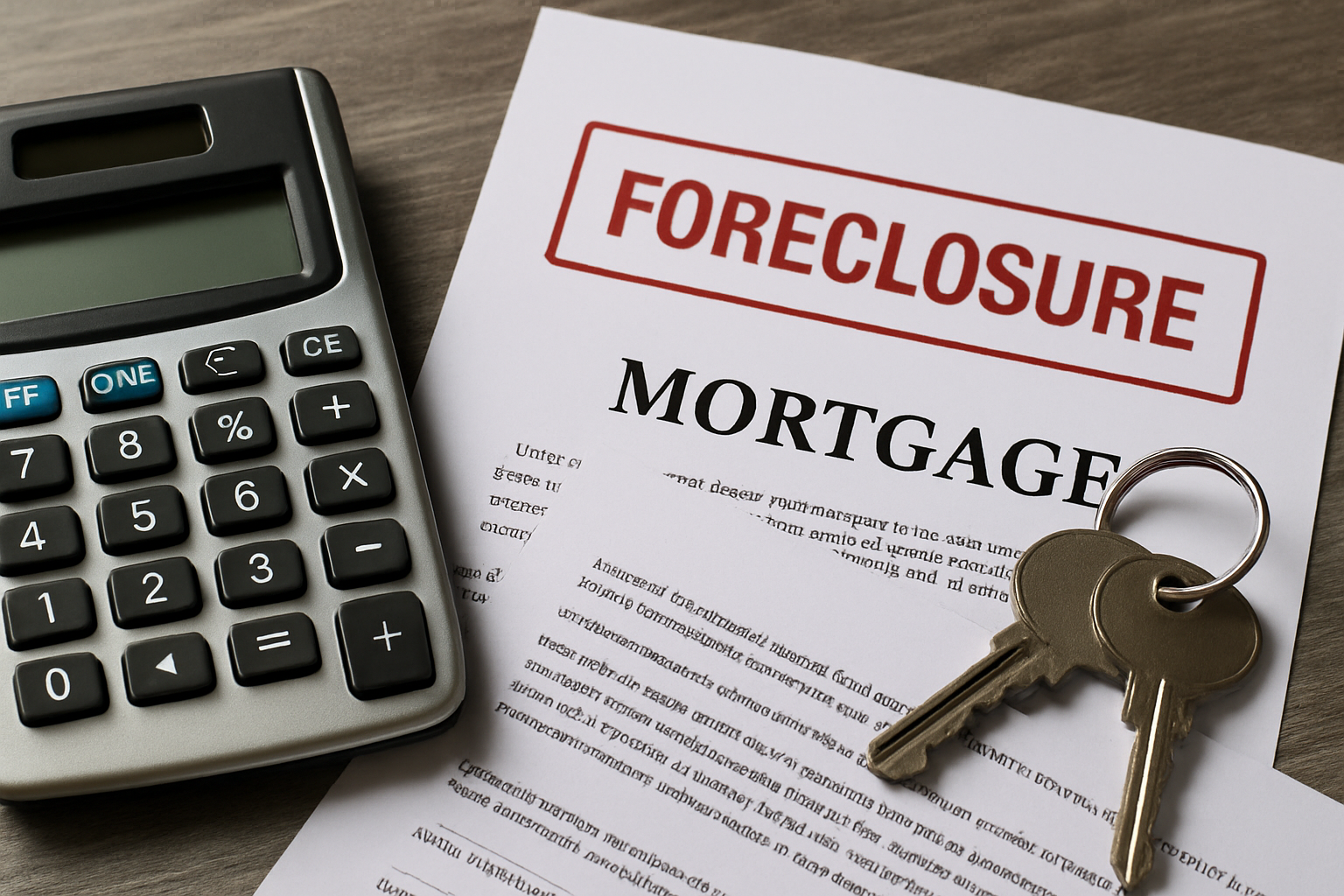For homeowners facing financial hardship in 2025, a short sale can be a lifeline. But how do you actually qualify for one? Lenders don’t approve short sales automatically—there are specific conditions that must be met. This guide will walk you through the updated requirements, helping you determine whether you're eligible and what steps to take next.
What Is a Short Sale?
Before diving into qualifications, it’s important to understand what a short sale is. A short sale occurs when a lender agrees to accept less than the total amount owed on a mortgage if the home is sold. This option is often used to avoid foreclosure when the homeowner can no longer afford their payments and the home is worth less than the outstanding mortgage balance.
For a full breakdown, see our What Is a Short Sale page.
Key Short Sale Qualification Criteria in 2025
Most lenders require the following conditions to approve a short sale:
Financial Hardship: You must demonstrate a genuine hardship, such as job loss, divorce, medical emergency, or loss of income.
Insolvency: You should not have the cash or liquid assets to pay off the remaining mortgage balance.
Underwater Mortgage: The market value of your home must be lower than your current mortgage balance.
No Better Alternatives: Foreclosure must appear as the lender’s next best option.
Missed or Imminent Missed Payments: While not always required, being behind or close to default strengthens your case.
Documentation You’ll Likely Need
Lenders will require documentation to evaluate your short sale request, including:
> A hardship letter explaining your situation
> Recent pay stubs or unemployment statements
> Tax returns (usually past 2 years)
> A list of monthly expenses and debts
> Recent bank statements
> Comparative market analysis or listing agreement
How 2025 Lending Guidelines May Affect You
Lenders in 2025 are increasingly using data-driven underwriting models. This means your credit history, digital financial records, and property data may be evaluated faster—but it also means less room for negotiation if documentation is incomplete or inconsistent.
That’s why it’s more important than ever to prepare a clean, organized short sale package. Working with experienced professionals familiar with lender expectations can help streamline the process.
When to Consider Legal or Tax Advice
While Short Sale Cooperative isn’t a law firm and doesn’t offer legal advice, homeowners should consider consulting:
A real estate attorney if there's a risk of a deficiency judgment
A CPA or tax advisor to understand potential tax implications from debt forgiveness
What If You Don’t Qualify?
If you don’t meet the requirements for a short sale, you still have options:
Loan modification
Forbearance plans
Deed in lieu of foreclosure
Understanding each alternative is key to making the best decision. If you're not sure where to start, contact us for guidance tailored to your situation.
Next Steps for Homeowners
If you believe you may qualify for a short sale:
> Start collecting documentation.
> Speak with your lender about their short sale process.
> Connect with professionals who understand short sales.
Our team specializes in helping homeowners navigate these complex situations. Visit our Homeowners Page to learn how we can assist you at no cost.

Recent Comments